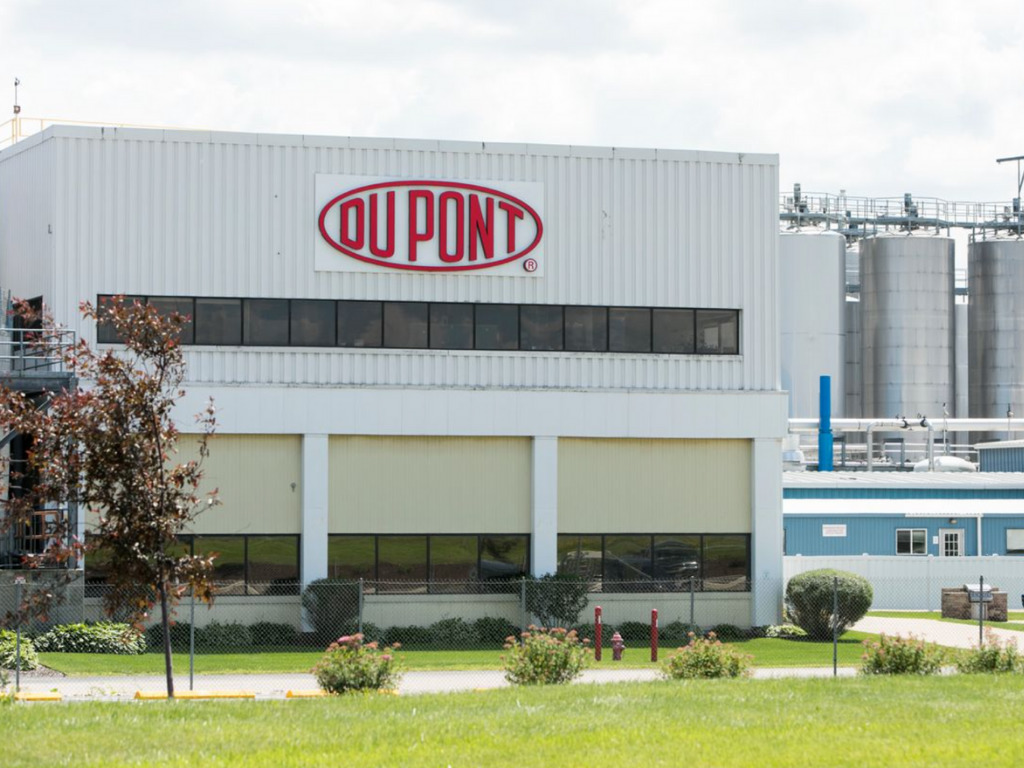3 Mins Read
One of the world’s largest producers of chemicals and science-based products, DuPont de Nemours, also known as DuPont, released its final tally on how many of its investors supported an ‘As You Sow’ shareholder proposal calling on the firm to report on its spills of plastic pellets that it releases into the environment.
A whopping 81.2% of investors at U.S.-based DuPont supported an As You Sow shareholder resolution calling on DuPont to produce an annual report on the amount of its plastic pellet pollution that it releases in an effort to understand how the company’s workings affect the environment negatively and work to plan and execute steps to reduce the same.
The resolution was made by the non-profit of the same name, which works to encourage environmental and social corporate responsibility through shareholders advocating for change.
As the second-largest direct contributor of microplastics to the oceans by weight, plastic pellets are at the core of almost all of plastic products, and when companies like Dupont produce these pellets, they are transported by road, rail, or ship to convert it into finished items. Throughout the supply chain, around 10 trillion plastic pellets are spilled each year along with causing fatalities in over 800 marine species from entanglement to suffocation, to drowning.
In a press release seen by Green Queen, senior vice president at As You Sow, Conrad MacKerron, said: “This vote confirms a tidal wave of support by investors to confront a deadly contributor to the global plastic pollution crisis, as well as a historically high-vote result for a common-sense request that the company provides public reporting on spills of pre-production plastic pellets.”
According to executive director of the Sustainable Investments Institute, which tracks shareholder votes, Heidi Welsh said that the 81% support for the resolution is “the highest vote ever for a shareholder resolution on an environmental issue that was opposed by management.”
This vote confirms a tidal wave of support by investors to confront a deadly contributor to the global plastic pollution crisis, as well as a historically high-vote result for a common-sense request that the company provides public reporting on spills of pre-production plastic pellets
Conrad MacKerron, senior vice president at As You Sow
Though Dupont is a part of Operation Clean Sweep, which aims to provide practices to reduce plastic pellet loss, and at the same time is accused of doing away with regulations, doesn’t facilitate companies to report on spill accidents, unlike the As You Sow resolution.
With 11 million metric tons of plastics including pellets released into oceans, this number is predicted to increase to a shocking 24 million metric tons by 2040 and with marine life mistaking pellets as food and as result, a huge part of the population ed up consuming these toxic pellets through seafood.
“We encourage DuPont to respond swiftly to its investors and join with peers in publicly reporting its pellet handling information and spill data. Pellet spills have been ongoing for decades but the industry has failed to proactively respond. Public reporting of spills is the first step in corporate accountability for plastic pellet pollution”, concluded Kelly McBee, waste program coordinator at As You Sow.
DuPont is not alone in being asked to publicly report its spills with companies like Chevron Phillips Chemical, Exxon Mobil Chemical, Eastman Chemical, Westlake Chemical, Occidental Petroleum, and Dow Chemical agreeing to provide its spill data.
Pellet spills have been ongoing for decades but the industry has failed to proactively respond. Public reporting of spills is the first step in corporate accountability for plastic pellet pollution
Kelly McBee, waste program coordinator, As You Sow
Since reporting began, over 200 plastic pellet, flake, and powder spills have been submitted to the National Response Center and apart from understanding the damage being caused to the environment, companies too are able to access the financial risks due to these spills given that petrochemical and plastics firms are fined for these releases, with the largest fine amounting to US$50 million.
Lead image courtesy of Kristoffer Tripplaar/Associated Press.




